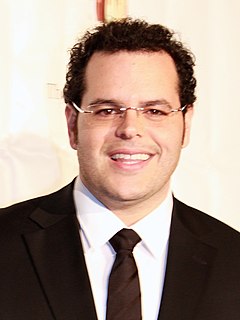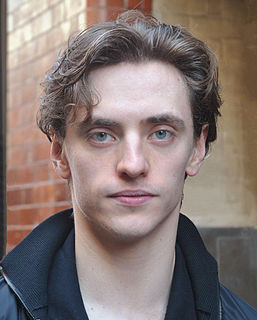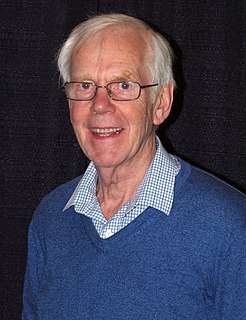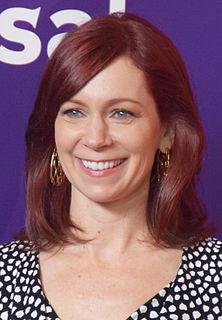A Quote by Umberto Eco
I started to work in television for three or four years, in 1954. There was one channel of television, black and white. But it could be entertaining and educational. During the evening they showed important plays, opera or Shakespeare's tragedies.
Related Quotes
I went to drama school for four years at Carnegie Mellon, conservatory training before television comedy. I was doing Shakespeare and Chekov plays. It's about delivering on the promise of a $100,000 education and taking the shackles off and trying the hand at my craft. I'm thrilled with what I've seen so far.
When I first started making films 30 years ago, people would comment that I was a woman. But strangely, when I was in television, no one ever mentioned that I was a woman. Maybe it was because television and film were different. There were more women working in television than men. There was no split in terms of work - everyone was considered equal
There was a time in the 1930s when magazine writers could actually make a good living. 'The Saturday Evening Post' and 'Collier's' both had three stories in each issue. These were usually entertaining, and people really went for them. But then television came along, and now of course, information technology... the new way of killing time.
There was a time in the 1930s when magazine writers could actually make a good living. 'The Saturday Evening Post' and 'Collier's' both had three stories in each issue. These were usually entertaining, and people really went for them. But then television came along, and now of course, information technology...the new way of killing time.
Books have survived television, radio, talking pictures, circulars (early magazines), dailies (early newspapers), Punch and Judy shows, and Shakespeare's plays. They have survived World War II, the Hundred Years' War, the Black Death, and the fall of the Roman Empire. They even survived the Dark Ages, when almost no one could read and each book had to be copied by hand. They aren't going to be killed off by the Internet.
During the 1970s and 1980s, the popular television soap opera As The World Turns portrayed sunrise during the opening credits and sunset during the closing credits... The soap-opera sunrise showed the sun moving toward the left as it rose rather than to the right. They obviously had gotten a piece of film showing a sunset and played it in reverse... Had they called their local astrophysicists, any one of us might have recommended that if they needed to save money, they could have shown the sunset in a mirror before they showed it running backward.






































